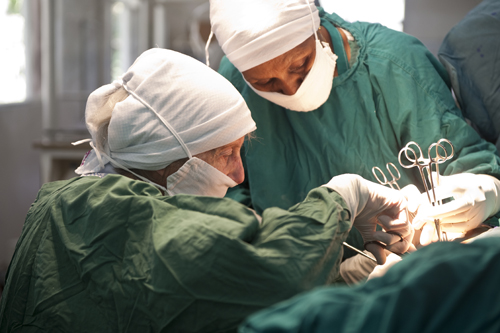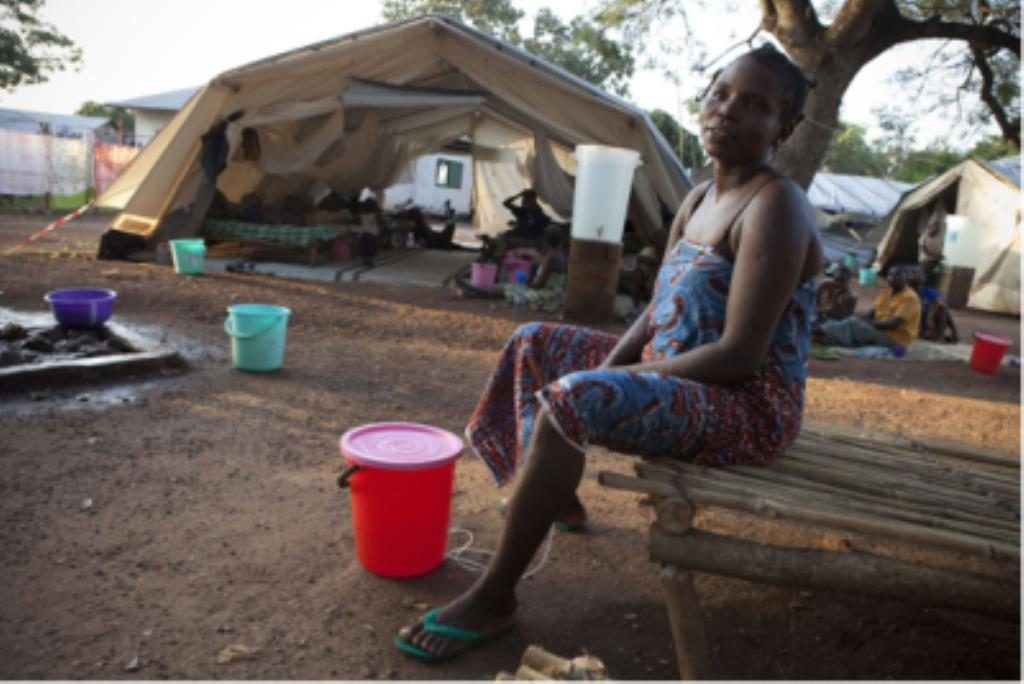At least 100,00 women of reproductive age in Uganda suffer from obstetric fistula, an abnormal opening between a woman’s genital tract and her urinary tract or rectum, State minister for Health Sarah Opendi has said.
Ms Opendi notes that the prevalence has reduced from 2 per cent in 2011 to 1 per cent in 2016.
The minister, who was in Parliament on Wednesday, attributed the drop in the prevalence rate to interventions such as campaigns against child marriages, procurement of fistula repair equipment and training of fistula surgeons.
The minister was responding to Ms Grace Kesande, the Bunyaruguru MP, who asked Health ministry to explain what the government is doing to eradicate fistula in Uganda.

“Currently, between 75,000 to 100,000 women, that is, 1 per cent of women of reproductive age, suffer from obstetric fistula. 1,900O new cases are reported annually,” Ms Opendi said.
The minister said during the annual International Fistula Day, the Health ministry’s officials enlighten the masses about fistula and how to prevent it.
Additionally, she said the ministry has week-long activities to assist the women with fistula access care.
The government and its partners have also facilitated the deployment of specialists to repair the women and to reintegrate those who have undergone repairs.
Interventions
Besides, government and its partners have been training community health workers.
They have been improving the referral system though this, according to Ms Opendi, remains a challenge.
According to Mr Dan Kimosho, the National Medical Stores spokesperson, the government has over the years been stocking public health facilities with supplies needed to improve maternal and newborns survival.

